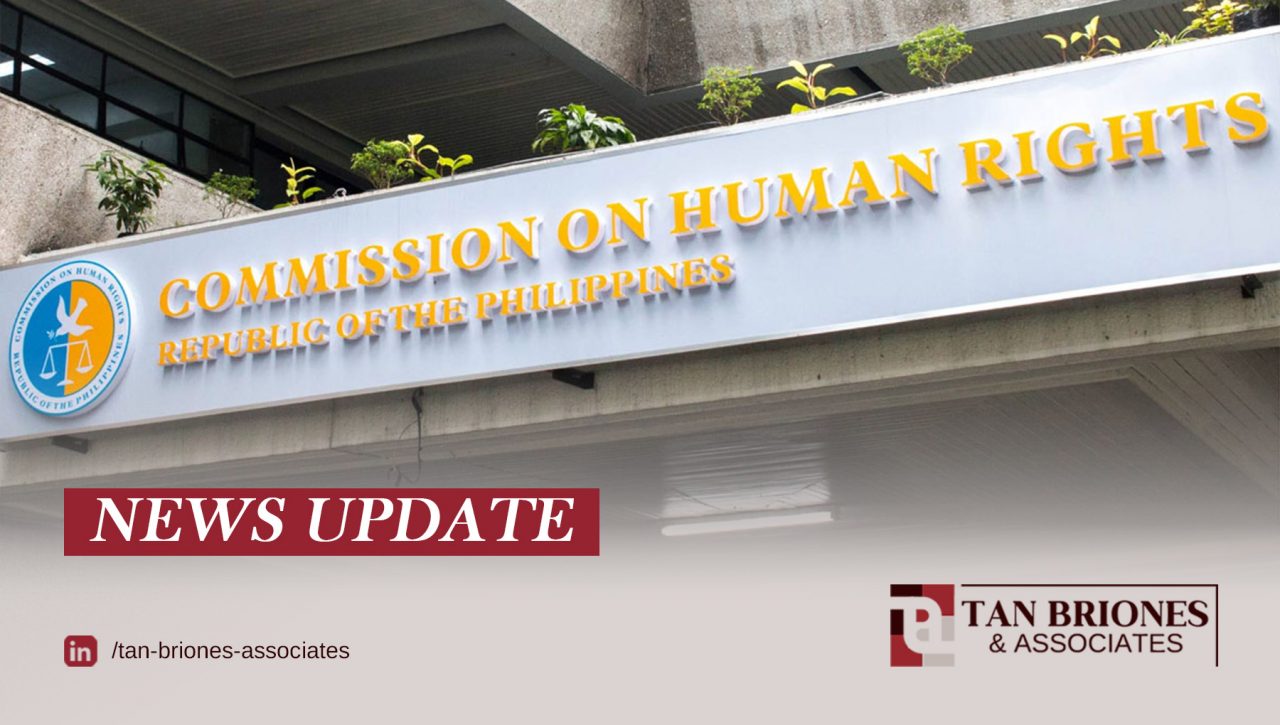
The Commission on Human Rights (CHR) has urged the creation of clear, human rights-based legal frameworks for artificial intelligence (AI) to ensure that technological innovation respects human dignity, freedom, and equality
In a position paper released on October 7, the CHR underscored the urgency of adopting human rights-based approaches in regulating artificial intelligence systems while emphasizing the need to uphold dignity, freedom, equality, and other fundamental rights.
“As AI technologies increasingly shape daily life, CHR highlights that their development and use must be anchored on democratic principles, ethical considerations, and international human rights standards,” it wrote.
The agency pointed out that existing rights to privacy, non-discrimination, and freedom of expression are already guaranteed under domestic laws such as the 1987 Philippine Constitution, the Data Privacy Act, and the Cybercrime Prevention Act, as well as international instruments like the Universal Declaration of Human Rights and the UN Guiding Principles on Business and Human Rights.
To prevent abuses such as algorithmic bias and data intrusion, the CHR urged lawmakers to balance regulation and innovation, stressing that embedding human rights principles in AI governance is essential to protecting people’s inherent rights.
The Commission also raised concerns that automation could displace workers and reminded the government, citing Article 6 of the International Covenant on Economic, Social and Cultural Rights, to protect everyone’s right to earn a living through freely chosen work.
As the country’s Gender Ombud, the CHR urged that AI policies adopt a gender lens to prevent bias in recruitment and design, calling for women’s inclusion in policymaking and the use of gender-disaggregated data to avoid discrimination.
To consolidate efforts in AI governance, the CHR recommended the creation of a Magna Carta for Responsible AI, which would integrate pending AI-related legislative proposals in Congress.
The proposed measure, it said, should be anchored on transparency, accountability, multi-stakeholder participation, and alignment with international human rights standards.
“By placing human rights at the core of AI regulation, the Philippines can build a future where technological innovation advances hand-in-hand with democratic values and human dignity,” the CHR said.
Follow Tan Briones & Associates on LinkedIn for more legal updates and law-related articles.







